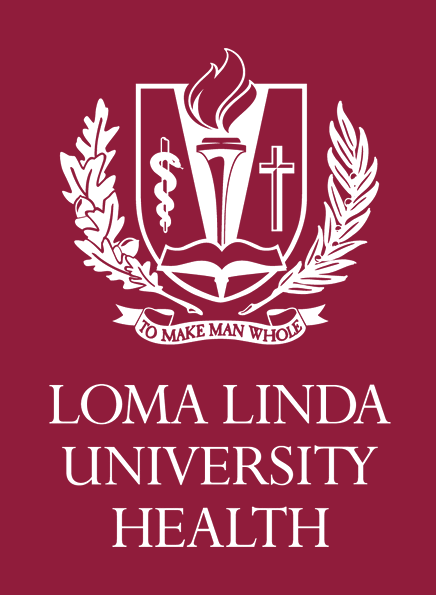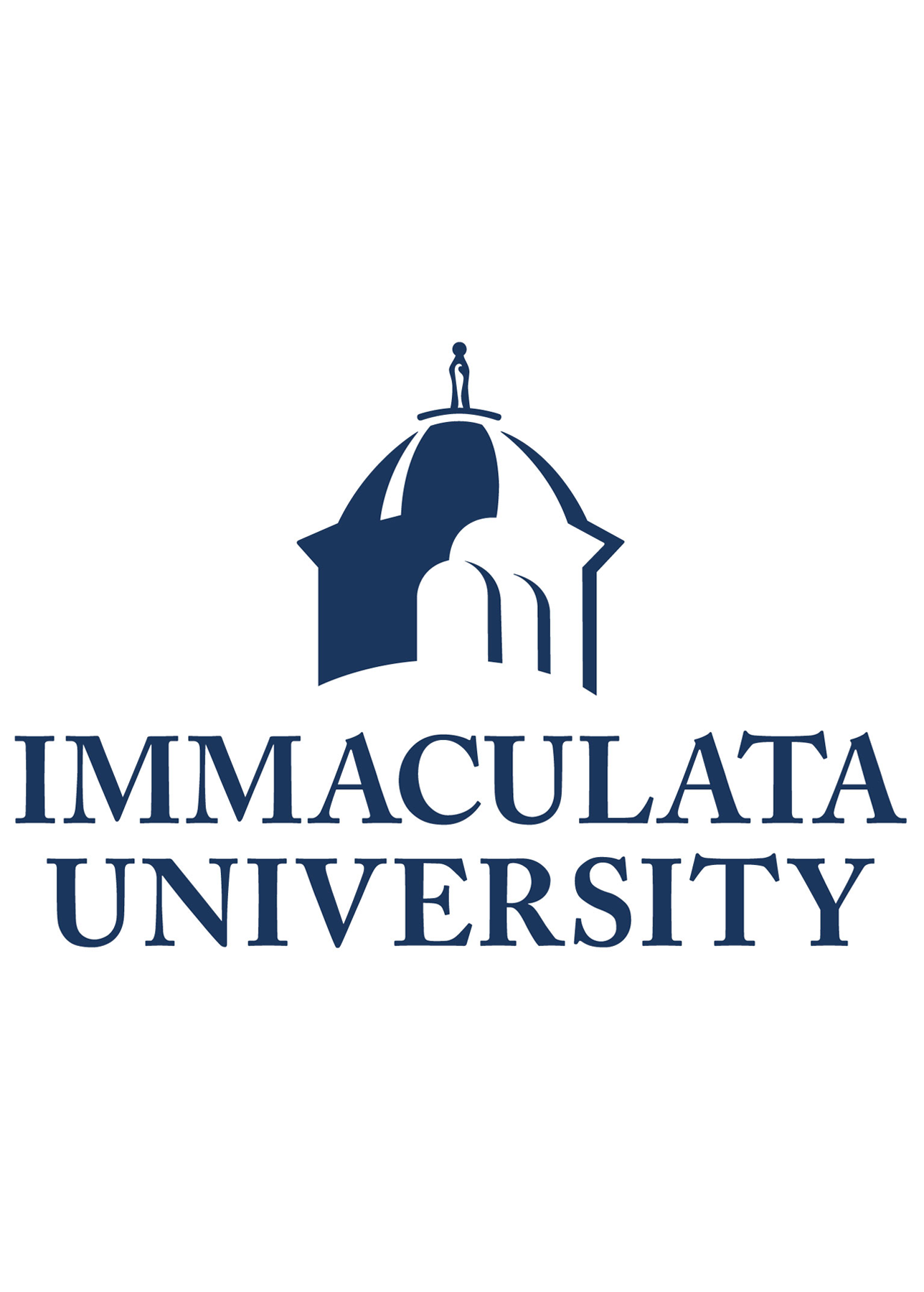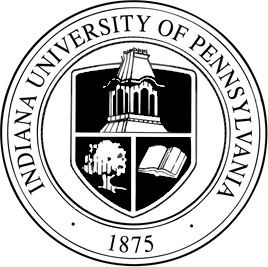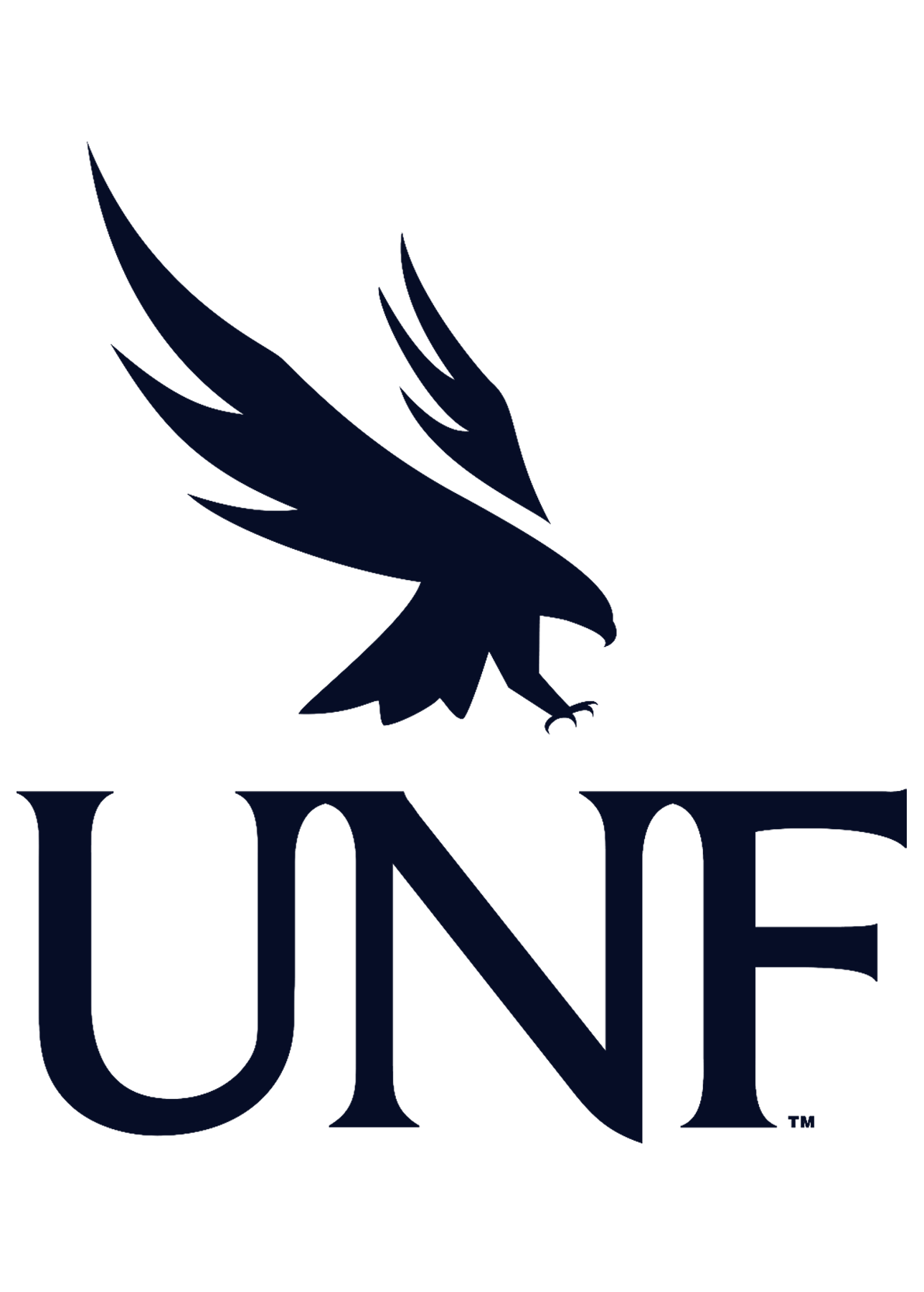Nutritionists play a crucial role in helping people stay healthy by managing their diets. As the field moves toward masters-level entry, now is an ideal time to enroll in an online master’s in nutrition program to prepare yourself for career advancement.
Starting in 2024, the Academy of Nutrition and Dietetics requires a master’s degree as part of the eligibility requirements to become a registered dietitian nutritionist. Employment of these professionals is expected to grow 7% by 2032, with about 5,600 job openings per year. Dietitians and nutritionists earn a median annual salary of $66,450.
Earning an online master’s in nutrition is an efficient way to prepare for a career and credentials in this growing field. Intelligent.com compiled this list of the best online master’s in nutrition programs based on cost, curriculum, and graduation rates. We also interviewed Blanca Villagomez, a program counselor and coordinator at UC-Irvine to answer frequently asked questions and guide students in choosing the right online master’s in nutrition program.
What Can I Expect from an Online Master’s in Nutrition Degree Program?
The curriculum of an online master’s in nutrition degree program varies depending on the type of program.
Some programs are designed for individuals with an educational background in nutrition and dietetics and professional credentials from the Commission on Dietetic Registration (CDR). The coursework in these programs is typically more advanced and builds on the skills students already have from their undergraduate degree or professional experience.
Others are open to students of all educational and professional backgrounds and help students develop foundational and advanced skills and practice in nutrition.
Coursework in master’s in nutrition degree programs typically covers topics like current issues and trends in the nutrition field, research methods, vitamins and minerals, micronutrients and macronutrients, nutrition in disease prevention, and more. Students may also be able to select a concentration, such as nutrition science, sports nutrition, or community nutrition. Accredited nutrition programs also require supervised learning experiences, like internships.
The type of online program a student enrolls in will also impact what they can expect. Online courses are delivered synchronously or asynchronously, affecting when and how students complete their lessons and assignments. Synchronous programs have scheduled online class meetings, while asynchronous courses have no scheduled classes.
Nutrition certification
Students should note that not all nutrition programs lead to certification, which is required for many dietitian and nutritionist jobs. Most states also mandate licensure for dietitians and nutritionists. Please note that licensure and certification are two types of credentials, and the requirements for each may vary.
Students who are not currently registered dietitian nutritionists (RDN) but intend to become one will want to select a program that prepares them for certification.
Those who don’t become RDNs can pursue careers as nutritionists, a less-regulated profession that does not require professional credentials. Nutritionists often work in alternative or holistic health settings.
Potential courses you’ll take in an online nutrition degree program
- Advanced Nutrition and Metabolism: Develops an understanding of digestion, absorption, metabolism, storage, and excretion of nutrients and other markers of nutritional adequacy or excess with emphasis on micronutrients. Reviews the functions of nutrients in bone muscle, blood, growth and development, and communication.
- Principles of Biochemistry: Introduction to and survey of the fundamental principles of biochemistry, emphasizing the chemistry of living organisms, chemical structures, and interactions of and between biomolecules.
- Lifecycle Nutrition: Focuses on the physiologic changes and nutritional needs throughout the life cycle and explores psychosocial and environmental influences on food consumption and diet quality at each stage of life.
Energy Metabolism: Provides an overview of the relationship of biochemical and physiological events within the cell, tissue, organ, and system with the nutrient needs as sources of energy for productive animal life.
Why Trust Us
The Intelligent.com Higher Education Team is dedicated to providing students with independent, equitable school and program rankings and well-researched resources. Our expert-driven articles cover topics related to online colleges and programs, paying for school, and career outlooks. We use data from the U.S. Department of Education’s College Scorecard, the National Center for Education Statistics, and other reputable educational and professional organizations. Our academic advisory team reviews content and verifies accuracy throughout the year for the most current information. Partnerships do not influence rankings or editorial decisions.
- Analyzed over 2,000 national, accredited, and nonprofit colleges and universities
- 800+ rankings pages are reviewed and updated yearly
- Content is informed by reputable sources, surveys, and interviews with academic advisors and other experts
- Over 100 data points are reviewed for accuracy and quality throughout the year, including sources
How we rank schools
Our list features the best online Nutrition degree programs at top colleges nationwide. Each school featured is a nonprofit, accredited institution — either public or private — with a high standard of academic quality for post-secondary institutions.
We evaluated each school’s program on tuition costs, admission, retention and graduation rates, faculty, reputation, and the student resources provided for online students. We collected data from trusted sources like the National Center for Education Statistics, individual school and program websites, school admissions counselors, and other data sources. Then, we calculated the Intelligent Score on a scale of 0 to 100 based on the following criterion:
Academic Quality:
- Admission rate versus enrollment rate
- Retention rate of students who return after year one
- Accreditation status (regional and programmatic)
- Nonprofit status, both private and public institutions
Graduation Rate
- Overall graduation rate
- Total number of currently enrolled students, including diversity metrics
- Student-to-faculty ratio
Cost and ROI
- In-state and out-of-state per-credit tuition rates and fees
- Required credits to graduate
- Earning potential after graduation
- Availability of federal student loans, scholarships, and other financial aid options
Student Resources
- Available student services for online-only and hybrid programs
- On-campus amenities like tutoring centers and the number of libraries
Read more about our ranking methodology.
Best 27 Online Master's in Nutrition Programs
FiltersInstitution Type
Status
- Intelligent Score
- Alphabetically By University Name
- Acceptance Rate
- Enrollment
- In-state Graduate Tuition
- Out-of-state Graduate Tuition
- In-state Undergraduate Tuition
- Out-of-state Undergraduate Tuition

Stony Brook University
Intelligent Score: 99.91In-state: $7,070
Out-of-state: $24,740
In-state: $11,310
Out-of-state: $11,310
SAT: 1230-1440
ACT: 26-32
Resident: $471
Non-Resident: $1,020
Online
Accreditation Council for Education in Nutrition and Dietetics
36

SUNY Oneonta
Intelligent Score: 99.4In-state: $7,070
Out-of-state: $16,980
In-state: $11,310
Out-of-state: $11,310
SAT: 860-1060
ACT: N/A
Resident: $471
Non-Resident: $565
Online
Accreditation Council for Education in Nutrition and Dietetics
36

University of Houston
Intelligent Score: 97.01In-state: $8,449
Out-of-state: $20,665
In-state: $8,539
Out-of-state: $8,539
SAT: 1120-1310
ACT: 22-28
Resident: $320 - $470
Non-Resident: $830 - $980
Online
Southern Association of Colleges and Schools Commission on Colleges
30

Logan University
Intelligent Score: 94.05In-state: $6,600
Out-of-state: $6,600
In-state: $9,900
Out-of-state: $9,900
SAT: N/A
ACT: N/A
$600
Hybrid
Higher Learning Commission
42

Northeast College of Health Sciences
Intelligent Score: 93.78In-state: $28,790
Out-of-state: $28,790
In-state: $30,288
Out-of-state: $30,288
SAT: Not Applicable
ACT: Not Applicable
$842
Online
Middle States Commission on Higher Education
36

North Carolina State University
Intelligent Score: 92.44In-state: $6,535
Out-of-state: $26,654
In-state: $9,095
Out-of-state: $9,095
SAT: 1230-1410
ACT: 27-32
Resident: $546
Non-Resident: $1,700
Online, On-Campus
Southern Association of Colleges and Schools Commission on Colleges
36

Loma Linda University
Intelligent Score: 91.98In-state: $37,332
Out-of-state: $37,332
In-state: $45,790
Out-of-state: $45,790
SAT: Not Required
ACT: Not Required
$951
Online
WASC Senior College and University Commission
48

University of Alabama at Birmingham
Intelligent Score: 91.94In-state: $34,627
Out-of-state: $51,815
In-state: $16,793
Out-of-state: $16,793
SAT: NA
ACT: NA
$702 - $785
Online, On-Campus
Accreditation Council for Education in Nutrition and Dietetics
30-48

Utah State University
Intelligent Score: 90.52In-state: $6,732
Out-of-state: $21,677
In-state: $6,164
Out-of-state: $6,164
SAT: 1080-1320
ACT: 21-29
$504
Online
Northwest Commission on Colleges and Universities
42

Immaculata University
Intelligent Score: 89.56In-state: $26,900
Out-of-state: $26,900
In-state: $12,780
Out-of-state: $12,780
SAT: 990-1170
ACT: 17-23
$710
Online
Accreditation Council for Education in Nutrition and Dietetics
39

University of North Dakota
Intelligent Score: 89.37In-state: $8,540
Out-of-state: $12,810
In-state: $11,060
Out-of-state: $11,060
SAT: 1000-1230
ACT: 20-27
$675
Online
Higher Learning Commission
30

University of Wisconsin - Madison
Intelligent Score: 88.67In-state: $9,273
Out-of-state: $37,161
In-state: $10,728
Out-of-state: $10,728
SAT: 1260-1460
ACT: 27-32
Resident: $670
Non-Resident: $1,503
Online
Higher Learning Commission
30

Indiana University of Pennsylvania
Intelligent Score: 88.52In-state: $27,840
Out-of-state: $33,250
In-state: $29,168
Out-of-state: $29,168
SAT: NA
ACT: NA
Resident: $516
Non-Resident: $774
Online
Middle States Commission on Higher Education
36

University of Memphis
Intelligent Score: 87.58In-state: $8,208
Out-of-state: $12,048
In-state: $9,216
Out-of-state: $9,216
SAT: 990-1200
ACT: 19-26
Resident: $553
Non-Resident: $787
Online
Southern Association of Colleges and Schools Commission on Colleges
33

University of Bridgeport
Intelligent Score: 86.29In-state: $32,860
Out-of-state: $32,860
In-state: $19,096
Out-of-state: $19,096
SAT: 920-1130
ACT: 17-22
$670
Online
Accreditation Council on Nutrition Professional Education
35

American University
Intelligent Score: 85.32In-state: $50,542
Out-of-state: $50,542
In-state: $34,533
Out-of-state: $34,533
SAT: 1220-1390
ACT: 27-32
$2,000
Online
Middle States Commission on Higher Education
30

Northwestern Health Sciences University
Intelligent Score: 83.31In-state: $27,715
Out-of-state: NA
In-state: $10,395
Out-of-state: $10,395
SAT: NA
ACT: NA
$515
Online
Higher Learning Commission
36

University of North Florida
Intelligent Score: 81.77In-state: $3,996
Out-of-state: $16,799
In-state: $8,570
Out-of-state: $8,570
SAT: 1040-1230
ACT: 20-27
$523
Online
Accreditation Council for Education in Nutrition and Dietetics
35
Still Looking for the Right Fit? Discover Similar Programs
Depending on a student’s experience and career goals, other degree programs related to nutrition and health might be a better fit. Students interested in the nutrition field may also want to consider the following programs:
- Online Bachelor’s in Nutrition Degrees
- Online Bachelor’s in Nutritional Sciences Degrees
- Online Master’s in Public Health Degrees
What Can I Do With an Online Master’s in Nutrition Degree?
Career outlook
An online master’s in nutrition degree is the most direct route to becoming a nutritionist or dietitian.
Although the two roles are linked, there are some key differences between the two. Nutritionists focus on general nutritional and wellness guidance and practices. There are fewer formal regulations for nutritionists than for dietitians, and they can work in various settings, including schools, fitness centers, grocery stores, public health agencies, personal coaching, and more.
Dietitians are more clinically oriented and can provide a broader range of medical-related services such as nutritional therapy, counseling, and diagnosis and treatment of certain illnesses. To practice as a registered dietitian nutritionist, individuals must have professional credentials and a state license. Dietitians work in hospitals, inpatient and outpatient medical facilities, rehabilitation centers, nursing homes, and more.
Some specializations within the field include management dietitians, who oversee food programs in schools, hospitals, nursing homes, and more, and nutrition consultants, who often work in private practice or through agencies to help educate individuals about healthier food and fitness habits.
- Dietitians and nutritionists — Guide individuals on using food and nutrition to promote health and manage disease, and plan and conduct food service or nutritional programs to help people lead healthy lives.
- Median annual salary: $69,680
- Projected employment growth (through 2032): 7%
- New jobs projected: 5,600 per year
- Health education specialists — Develop strategies to improve the well-being of individuals and communities and teach people about behaviors that promote wellness.
- Median annual salary: $62,860
- Projected employment growth (through 2032): 7%
- New jobs projected: 6,600 per year
- Community health workers — Promote wellness by helping people adopt healthy behaviors, implement programs, and advocate for people with limited access to health resources and social services.
- Median annual salary: $48,200
- Projected employment growth (through 2032): 14%
- New jobs projected: 8,000 per year
How to Choose the Online Master’s in Nutrition Program That’s Right for You
Step 1: Clarify your needs and goals
“Students will need to develop a list of their parameters to help them narrow their school options,” Villagomez says. She advises students to consider the following factors when creating a list of their needs:
- Application requirements and assessment of one’s own competitiveness
- Cost of attendance
- Access to financial aid
- Institution’s reputation and ranking
- Types of professional development resources offered
- Types of general support services and niche support areas offered
“Now is also a good time for students to start answering key questions to understand what type of colleges and universities will help them thrive,” Villagomez says, encouraging students to think about the environments they learn best and the support services they may need.
Students should also consider their educational and professional background. If you have little to no experience in the nutrition field, you’ll need a master’s program that covers introductory, intermediate, and advanced topics in nutrition. Students with RDN credentials or a bachelor’s degree in nutrition should seek out advanced programs that will help them further develop their existing skills.
Before enrolling in a program, review your state’s requirements for licensure to confirm that you’re selecting an appropriate degree program.
There are logistical needs to consider, including whether you want a synchronous or asynchronous program and your enrollment status (full-time vs. part-time).
Step 2: Research schools and programs
Be sure to find out if the schools and programs you’re considering are accredited. “Verifying the college’s accreditation ensures that the institution has the seal of approval by the U.S. Department of Education,” Villagomez says. “Attending a non-accredited college can negatively impact future post-graduate opportunities such as employment and doctorate programs.”
She encourages students to use the U.S. Department of Education’s online accreditation database to verify the accreditation status of schools they’re considering. The Accreditation Council for Education in Nutrition and Dietetics (ACEND) guarantees that the program meets the required standards for education in the industry.
Students can research programs by visiting their websites or speaking to admissions counselors and program representatives. If available, they should also attend virtual open houses or information sessions to talk to faculty and current students. Another way to learn more about schools and programs is by following their social media accounts.
Here are some questions students should ask when exploring online master’s in nutrition programs:
- What is the curriculum, and are there opportunities for electives and concentrations?
- Who are the faculty, and what are their credentials?
- Are there internship requirements, and how do students complete their internships?
- Does the program require a thesis or capstone project?
- Are courses delivered synchronously or asynchronously?
- How do online students interact with faculty and classmates?
- What support services are available for online students, such as tutoring, academic and career advising, counseling, and technical support?
Step 3: Prepare for applications and tests
Review the admissions procedures and requirements for any programs that interest you. This information is usually available on the school’s website, or you can contact the admissions office for more details. Requirements may vary by school, so using a spreadsheet or checklist to keep track of this information may be helpful if you’re applying to multiple programs.
A standard application for an online master’s in nutrition includes:
- Completed application and required fees
- Transcripts from all undergraduate schools attended
- Letter(s) of recommendation
- Resume or CV
- Personal statement or essay
- GRE scores (optional at some schools)
“With all these requirements, it’s important for students to stay organized with a comprehensive and detailed checklist to track their progress, submit all required materials, and meet deadlines,” Villagomez says. “I encourage students to decide what systems help them organize the application requirements and track their progress for each school.”
Step 4: Select your program
Compare the information you’ve collected on nutrition master’s programs and determine which ones best meet your needs. There may only be one or two programs that meet your criteria, or you may apply to multiple programs to increase your odds of admission. There’s no right or wrong number of schools to apply to, but if you submit several applications, budget accordingly for application fees.
If you receive admissions offers from multiple schools, review your criteria again and consider any new information, such as financial aid awards, to help you select the program that’s the best fit.
Step 5: Determine how you’ll pay for your degree
If you haven’t already, speak to a financial aid counselor to confirm the program’s total cost (including fees) and learn more about the available financial aid options.
You’ll also want to complete the Free Application for Federal Student Aid (FAFSA). Schools use the information from this form to determine students’ eligibility for need-based aid, including federal student loans, grants, work-study funding, and scholarships.
Students should also research opportunities for merit-based scholarships, grants, and fellowships. This type of financial aid is awarded based on students’ achievements and aptitudes.
If you’re working when completing your online master’s in nutrition degree, find out if your employer offers tuition assistance benefits. Active-duty military members and veterans may be able to get discounted tuition or use GI Bill benefits to pay for their degrees.
Online College/Degree Scholarship Database
Intelligent Scholarship Finder Tool
"A Helping Hand" Scholarship
Award Amount: $500
Due Date: January 31, 2025
"Follow Your Own Path" Essay Scholarship
Award Amount: $500
Due Date: January 31, 2025
"Tuition Solution" Scholarship for STEM Students
Award Amount: $500
Due Date: January 31, 2025
$25k "Be Bold" No-Essay Scholarship
Award Amount: $25,000
Due Date: Closed for 2024
(ISC) Graduate Cybersecurity Scholarship
Award Amount: $5,000
Due Date: Closed for 2024
(ISC) Women in Information Security Scholarship
Award Amount: $5,000
Due Date: Closed for 2024
A.C. "Kate" & Leo Joseph Merlone St. Dominic Catholic Church of Saginaw Member Scholarship
Award Amount: Varies
Due Date: Closed for 2024
A.C. "Kate" & Leo Joseph Merlone Teaching Scholarship
Award Amount: Varies
Due Date: Closed for 2024
a/e ProNet David W. Lakamp Scholarship
Award Amount: $5,000
Due Date: Closed for 2024
AAAE Native American Scholarship
Award Amount: $1,500
Due Date: March 15, 2025
Frequently Asked Questions About Online Master’s in Nutrition Programs
Should I get a master's degree in nutrition in person or online?
“Accredited online degrees are just as reputable and legitimate as traditional degrees,” Villagomez says. “Time is a non-renewable resource, and for students, the flexibility, convenience, and accessibility of online programs enhances their learning, boosts their motivation, and supports their retention.”
However, students should note that online programs require more autonomous learning and self-discipline than in-person programs and are best suited for students who learn best through reading assignments, lectures, and independent assignments. For some students, the flexibility of online learning is essential.
Meanwhile, students who need extra support or prefer to learn in interactive environments may find an entirely in-person or hybrid master’s in nutrition more suitable. It’s also a better option for students who want a traditional on-campus experience with social activities and extracurriculars.
How do I apply to an online master's in nutrition program?
Visit the school’s website or contact their admissions office for the most accurate information about application procedures, deadlines, and eligibility requirements.
Most schools accept applications and supporting materials through an online admissions portal on their website. Certain documents, like official transcripts, must be sent directly from school to school. Confirm application deadlines and make sure that you submit all required materials by those dates to avoid delays that can affect your admissions decision and enrollment.
Also, before you begin an application, verify that you meet the minimum eligibility requirements for the program. These requirements include having an RDN credential, a bachelor’s degree or undergraduate coursework in nutrition, or a minimum undergraduate GPA.
What is the average cost of an online master's in nutrition degree?
In the 2021-22 academic year, the average tuition for master’s degrees was $12,596 at public universities and $29,931 at private schools, according to the National Center for Education Statistics (NCES).
According to Villagomez, “Various factors can influence the cost of degree programs. Some examples include college tuition, housing, health insurance, books and supplies, parking, gas, and organization/club memberships.” She also notes that online programs may require additional costs, such as a reliable internet connection and special technical software, which are required for some classes.
Keep in mind that there are many ways in which attending school online saves students money, including eliminating transportation costs such as gas, parking, or public transit fees. Flexible online programs make it easier for students to work and have a steady income while enrolled in their program. Students can also choose to live in a more affordable location than where their school is located.
How long does it take to complete an online master's in nutrition program?
Program completion depends on the number of credits the program requires and the pace at which students complete these credits. Most online master’s in nutrition programs are 30-36 credits and designed to be completed in 12-18 months of full-time study. Part-time students may take two years or more to finish their degree.
Programs geared towards students who don’t have a nutrition sciences background may require more credits, as students may need to complete prerequisite coursework. Additional credits can increase the time students will need to finish the program.
Is an online master's degree in nutrition worth it?
For students who want to become registered dietitian nutritionists (RDNs), an online master’s in nutrition isn’t just worth it — it’s required. However, there are numerous benefits to pursuing a career in this field.
There will be, on average, 5,600 new jobs per year in this field through 2032. Job growth for nutritionists and dieticians will rise faster than average compared to other employment areas.
Regarding ROI, the median annual salary for dietitians and nutritionists is $66,450. The top 10 percent of earners make over $95,000 per year.
From a personal fulfillment standpoint, a career as a dietitian or nutritionist can be ideal for individuals who want to work in health and wellness and help people achieve better health outcomes through diet, nutrition, and exercise.
Read More about Online Master’s in Nutrition Degrees
Compare School Options
Related Degrees
- Graduate Certificate in Nursing
- Medical Billing and Coding
- Healthcare Management
- Health Science
- Medical Office Administration
- Medical Assisting
- Dental Assistant
- Accelerated RN-to-BSN
- Kinesiology
- Clinical Research



